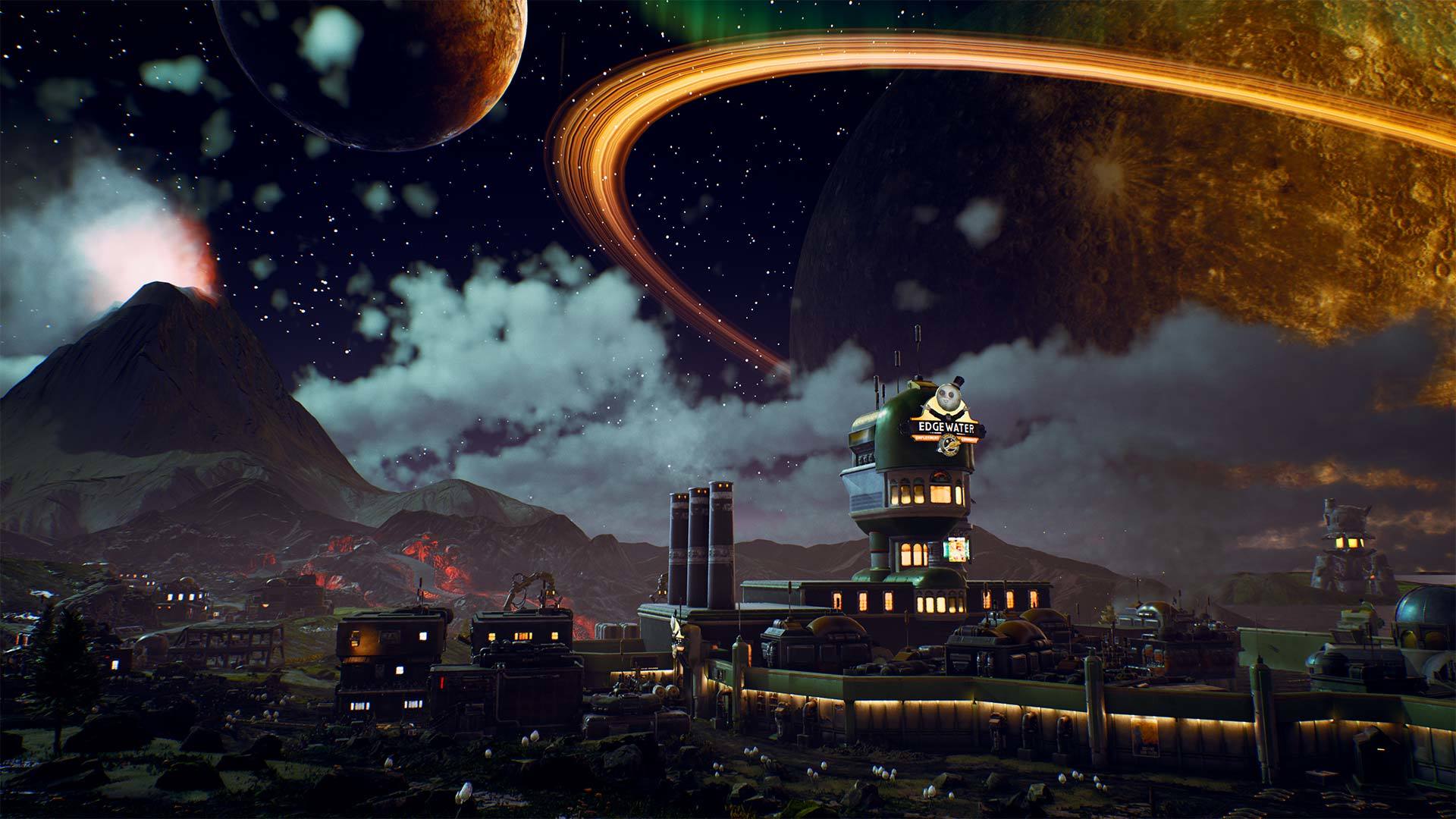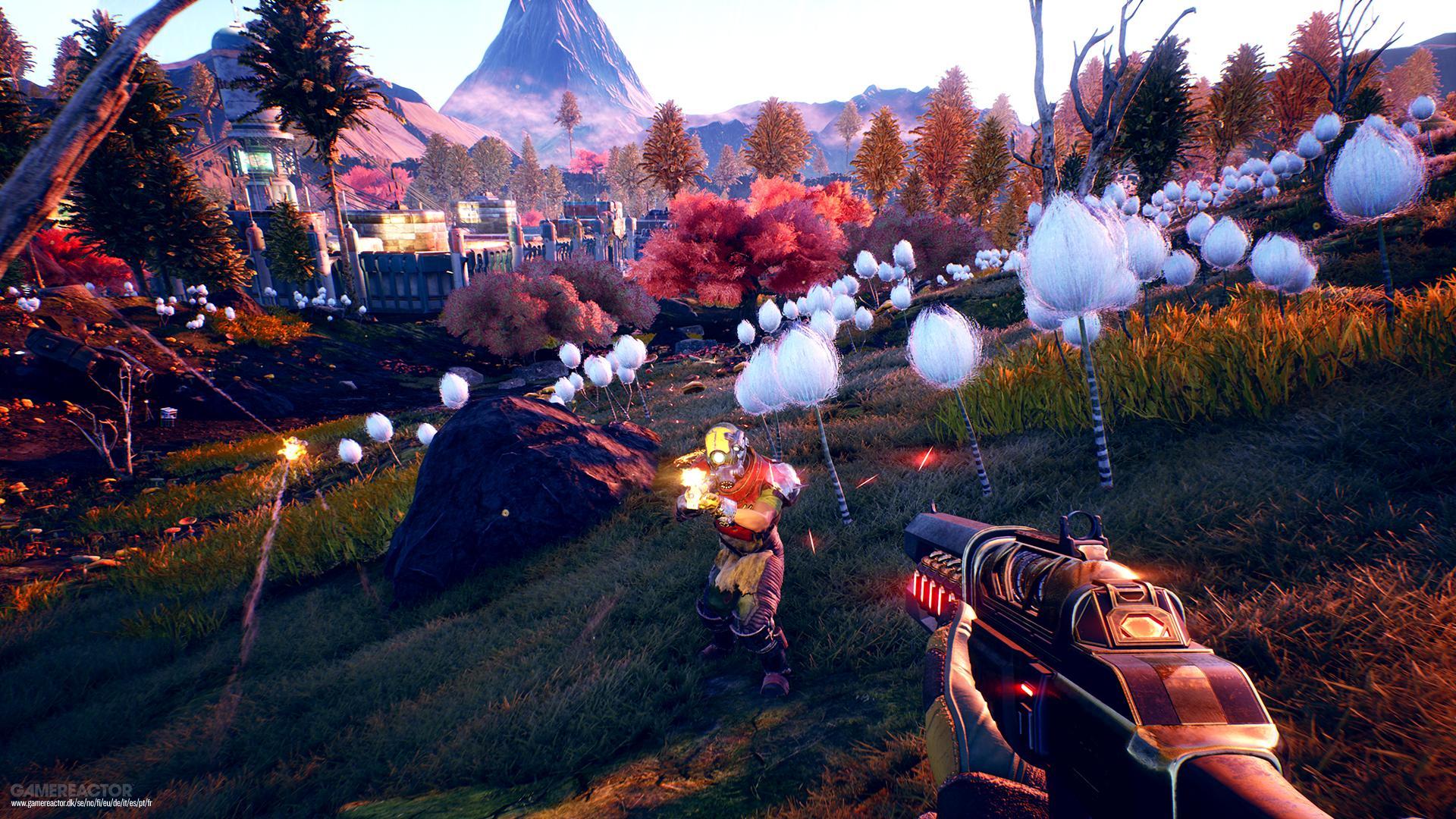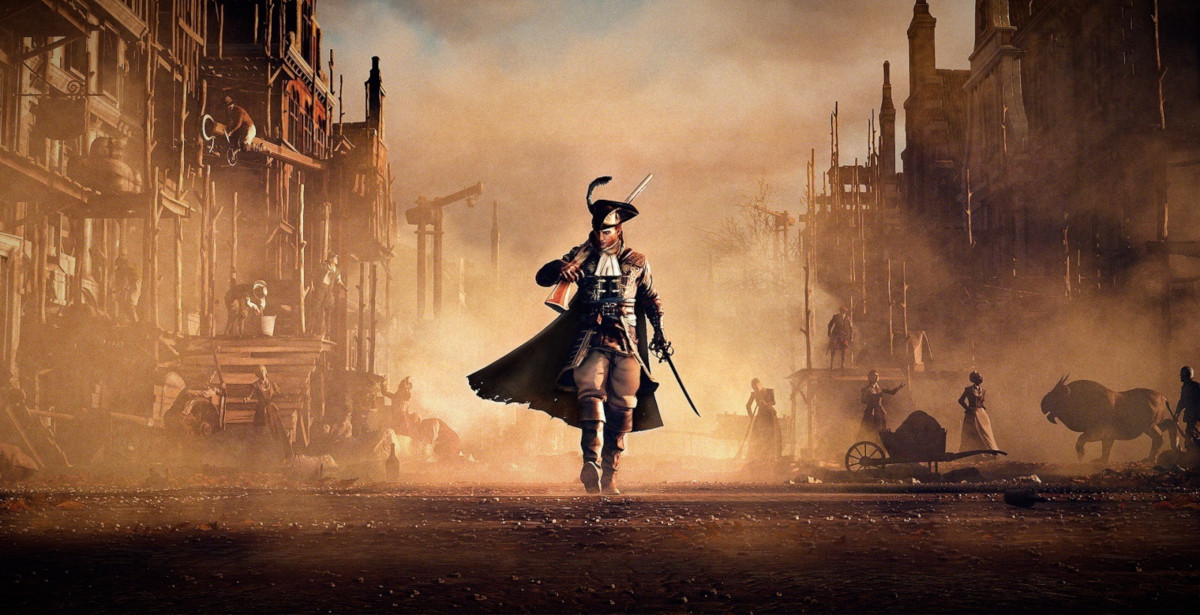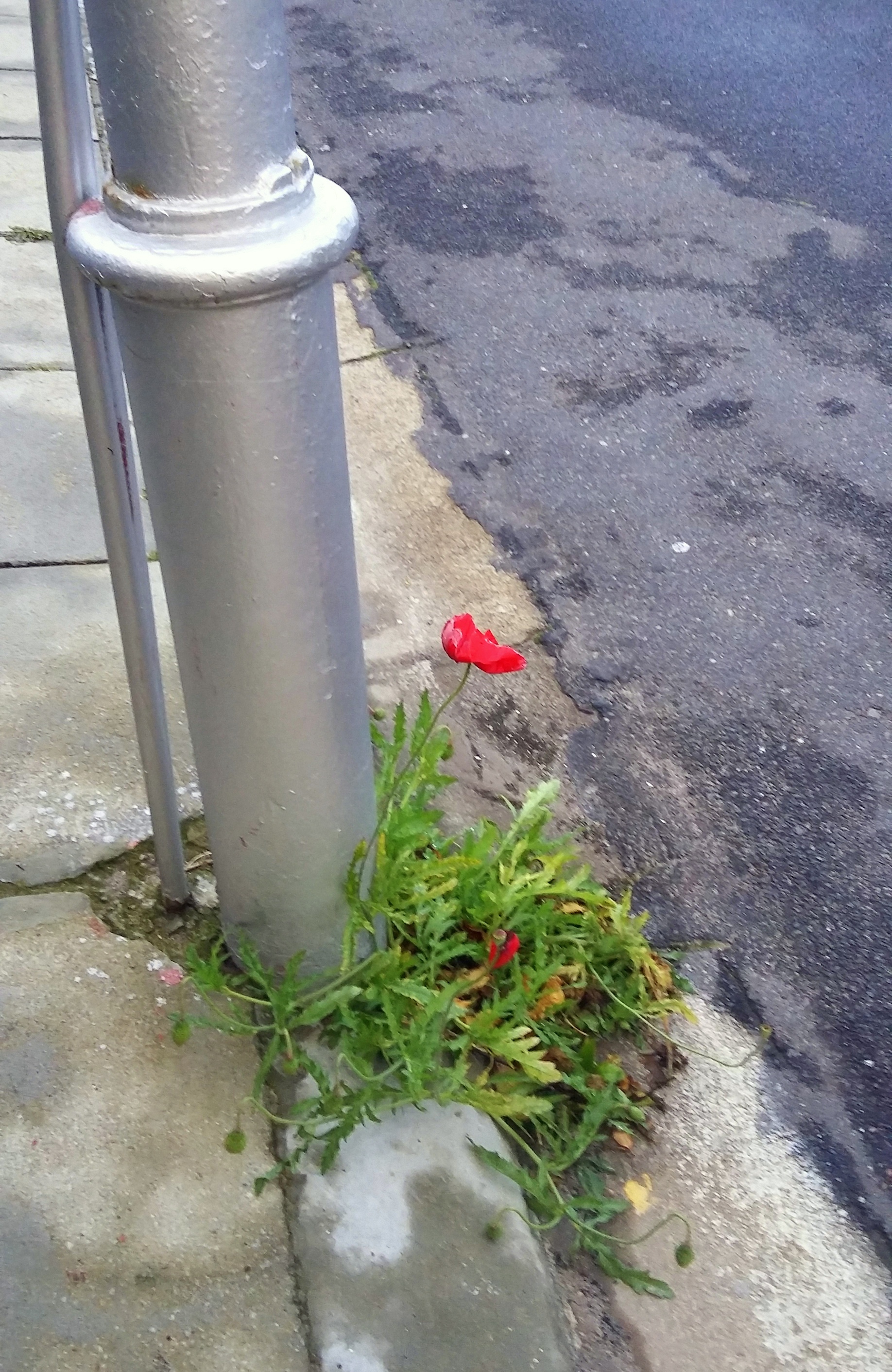black and white and read all over
Thursday, 3 February 2022 10:18 amThe start-of-academic-year hell continues apace, with the attendant 12-hour days, failures of student (and advisor) reading comprehension, random system glitches, horrible database processing queues, and the usual seasonal infestation of load shedding, sigh. It is randomly leavened at infrequent intervals by Stardew Valley, student and advisor gratitude, light rain, affection from my cat, and the smug glow occasioned by getting the daily Wordle third go for five days in a row, the last in under 30 seconds.
Wordle 229 3/6
🟨🟨⬜🟨⬜
🟩⬜🟨🟨⬜
🟩🟩🟩🟩🟩
I have also retreated, as is my wont under admin pressure, to only the lightest and fluffiest fanfic reading, which currently appears to mean Drarry. I find that reading Harry Potter fanfic these days comes with a side order of defiant glee, as it's the only way I will henceforth interact with the franchise, I am fucked if I am going to spend any further money on it in any way which will accrue to Rowling's smug, bigoted, hateful, TERFy coffers, the horrible cow. But even in the leaden haze of reg exhaustion, I have found the last couple of weeks' reading to have vouchsafed me an Insight, possibly sizzling.
I love Drarry because it tends to recoup the awful, deterministic condemnation of Slytherin in the novels; it humanises, complicates and adds nuance to Rowling's mean-spirited Slytherin Bad Griffindor Good reductionism, and it invites you to see the Slytherin kids as victims of Voldemort's war even if technically their families allied with him. This isn't a feature of the books, in which Slytherins are pretty much all bad and for always; even the vague semi-redemptions she allows Snape and Narcissa manage to insist, in both cases, that it's not real redemption, that self-interest plays a part; they remain unchanged in essentials despite the redemptive act. Draco, struggling with fear and threat under Voldemort's sway in book 6, nonetheless sticks to his Slytherin allegiances more or less uncritically. Rowling doesn't, fundamentally, believe that essentials can change. Which is, of course, why she's a TERFy bigot in particular, because somewhere at base she thinks identity as much as character are burned into you from the start, fixed and immutable, and no change is real.
Which has always annoyed me, but actually takes on a whole new meaning when you think of it in the context of contemporary internet culture. Tumblr and Twitter in particular, but actually social media in general, have enormous problems with callout culture, with dogpiles on popular social media figures for the least transgression - and, often, single transgressions somewhere in the past. (Note that here I am obviously not referring to obvious/horrible/ongoing abusers such as those targeted by something like #metoo, but things more like the cancellation of Thomas Sanders in some circles). The current culture doesn't allow for the idea that people can screw up, admit they were in the wrong, learn from their mistakes, consciously not repeat them, and grow as people as a result. Nope! you said/did Heinous Thing back in the day, so now you are Invalid, and nothing you say is ok, and no-one should listen to you ever again. You were always in Slytherin, in fact, and can never be anything else. Worse, let's now revisit everything you have ever said and decide that it was never actually OK, because condemnation is retroactive as well as permanent.
And I'd say that this was Rowling being simply a reflection of her generation, but actually it isn't. Rowling was born in 1965, she's older than I am by a few years; our generation was not, in fact, raised to black/white divisions and wholesale condemnation. Those have been a feature of the internet landscape only in the last decade or so. The black/white thinking thing isn't characteristic of her generation, but it's sure as hell characteristic of a lot of people who were raised on HP.
The first HP book came out in 1997, the first film in 2001. A lot of people who grew up on the series are now in their 30s. And the question is: did Rowling only reflect an inherent cultural trend which has become worse in the last ten years, or did she directly contribute to it? if you're the kind of person who cancels a media personality now for a single incautious statement or stupid response, is that not at least partially because, somewhere in your adolescent identity formation, you had internalised the idea that Slytherin is Bad and anything they do is Bad and they can be simply written off? And, yes, a lot of it is broader cultural pressures and the tendency to retreat into reductionist thinking as a response to excessive complexity, but if the cultural zeitgeist is pushing you in that direction anyway, doesn't it simply entrench and exacerbate the tendency, to have a ready-made, catchy, whimsical mythology which gives you lovely symbolic terms in which to authenticate your bigoted thinking?
It's just that, reading fic which explores and attempts to recoup anti-Slytherin prejudice in the novels, it's all horribly familiar, suddenly. And I think that Rowling's TERFy kick is an inexcusable use of her platform, but I'm actually starting to wonder if, in fact, she's guilty of a whole lot more?
Wordle 229 3/6
🟨🟨⬜🟨⬜
🟩⬜🟨🟨⬜
🟩🟩🟩🟩🟩
I have also retreated, as is my wont under admin pressure, to only the lightest and fluffiest fanfic reading, which currently appears to mean Drarry. I find that reading Harry Potter fanfic these days comes with a side order of defiant glee, as it's the only way I will henceforth interact with the franchise, I am fucked if I am going to spend any further money on it in any way which will accrue to Rowling's smug, bigoted, hateful, TERFy coffers, the horrible cow. But even in the leaden haze of reg exhaustion, I have found the last couple of weeks' reading to have vouchsafed me an Insight, possibly sizzling.
I love Drarry because it tends to recoup the awful, deterministic condemnation of Slytherin in the novels; it humanises, complicates and adds nuance to Rowling's mean-spirited Slytherin Bad Griffindor Good reductionism, and it invites you to see the Slytherin kids as victims of Voldemort's war even if technically their families allied with him. This isn't a feature of the books, in which Slytherins are pretty much all bad and for always; even the vague semi-redemptions she allows Snape and Narcissa manage to insist, in both cases, that it's not real redemption, that self-interest plays a part; they remain unchanged in essentials despite the redemptive act. Draco, struggling with fear and threat under Voldemort's sway in book 6, nonetheless sticks to his Slytherin allegiances more or less uncritically. Rowling doesn't, fundamentally, believe that essentials can change. Which is, of course, why she's a TERFy bigot in particular, because somewhere at base she thinks identity as much as character are burned into you from the start, fixed and immutable, and no change is real.
Which has always annoyed me, but actually takes on a whole new meaning when you think of it in the context of contemporary internet culture. Tumblr and Twitter in particular, but actually social media in general, have enormous problems with callout culture, with dogpiles on popular social media figures for the least transgression - and, often, single transgressions somewhere in the past. (Note that here I am obviously not referring to obvious/horrible/ongoing abusers such as those targeted by something like #metoo, but things more like the cancellation of Thomas Sanders in some circles). The current culture doesn't allow for the idea that people can screw up, admit they were in the wrong, learn from their mistakes, consciously not repeat them, and grow as people as a result. Nope! you said/did Heinous Thing back in the day, so now you are Invalid, and nothing you say is ok, and no-one should listen to you ever again. You were always in Slytherin, in fact, and can never be anything else. Worse, let's now revisit everything you have ever said and decide that it was never actually OK, because condemnation is retroactive as well as permanent.
And I'd say that this was Rowling being simply a reflection of her generation, but actually it isn't. Rowling was born in 1965, she's older than I am by a few years; our generation was not, in fact, raised to black/white divisions and wholesale condemnation. Those have been a feature of the internet landscape only in the last decade or so. The black/white thinking thing isn't characteristic of her generation, but it's sure as hell characteristic of a lot of people who were raised on HP.
The first HP book came out in 1997, the first film in 2001. A lot of people who grew up on the series are now in their 30s. And the question is: did Rowling only reflect an inherent cultural trend which has become worse in the last ten years, or did she directly contribute to it? if you're the kind of person who cancels a media personality now for a single incautious statement or stupid response, is that not at least partially because, somewhere in your adolescent identity formation, you had internalised the idea that Slytherin is Bad and anything they do is Bad and they can be simply written off? And, yes, a lot of it is broader cultural pressures and the tendency to retreat into reductionist thinking as a response to excessive complexity, but if the cultural zeitgeist is pushing you in that direction anyway, doesn't it simply entrench and exacerbate the tendency, to have a ready-made, catchy, whimsical mythology which gives you lovely symbolic terms in which to authenticate your bigoted thinking?
It's just that, reading fic which explores and attempts to recoup anti-Slytherin prejudice in the novels, it's all horribly familiar, suddenly. And I think that Rowling's TERFy kick is an inexcusable use of her platform, but I'm actually starting to wonder if, in fact, she's guilty of a whole lot more?








 This is billed as comedy, but it's only really comedy in the blackest, most parodic sense; it's satire, verging at times on allegory, and what it most resembles is a dastardly fusion of Star Trek and The Ice Storm, supposing you'd allowed the resulting horrific miscegenation to be scripted by Chekhov, or possibly Kurt Vonnegut. (It also shares some distant, cousinly DNA with both Galaxy Quest and Pigs In Space). It's a 2014 film set on a space station in a future imagined from the vantage point of the 70s. This of course means tacky special effects, plastic asteroids, Tupperware spaceships, sexual liberation, cigarettes, and mad outbreaks of 70s boots and mini-dresses. However, it also allows for the actually quite powerful essentialising of issues - primarily sexuality and gender - through the exaggeration which inevitably happens when you view 70s caricatures through a contemporary lens. The space setting strips away extraneous detail, leaving the deeply dysfunctional relationships to enact themselves starkly against the pastel plastic of the background and the isolation of space. The film was developed from a stage play, and you can see it in its scale, its minimalism, its horrible intimacy.
This is billed as comedy, but it's only really comedy in the blackest, most parodic sense; it's satire, verging at times on allegory, and what it most resembles is a dastardly fusion of Star Trek and The Ice Storm, supposing you'd allowed the resulting horrific miscegenation to be scripted by Chekhov, or possibly Kurt Vonnegut. (It also shares some distant, cousinly DNA with both Galaxy Quest and Pigs In Space). It's a 2014 film set on a space station in a future imagined from the vantage point of the 70s. This of course means tacky special effects, plastic asteroids, Tupperware spaceships, sexual liberation, cigarettes, and mad outbreaks of 70s boots and mini-dresses. However, it also allows for the actually quite powerful essentialising of issues - primarily sexuality and gender - through the exaggeration which inevitably happens when you view 70s caricatures through a contemporary lens. The space setting strips away extraneous detail, leaving the deeply dysfunctional relationships to enact themselves starkly against the pastel plastic of the background and the isolation of space. The film was developed from a stage play, and you can see it in its scale, its minimalism, its horrible intimacy.
